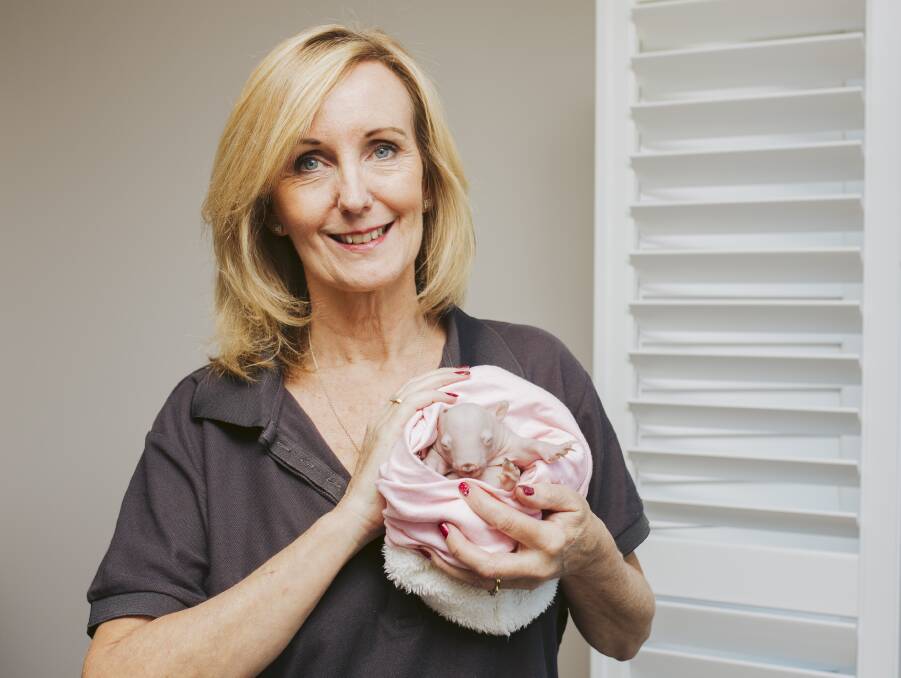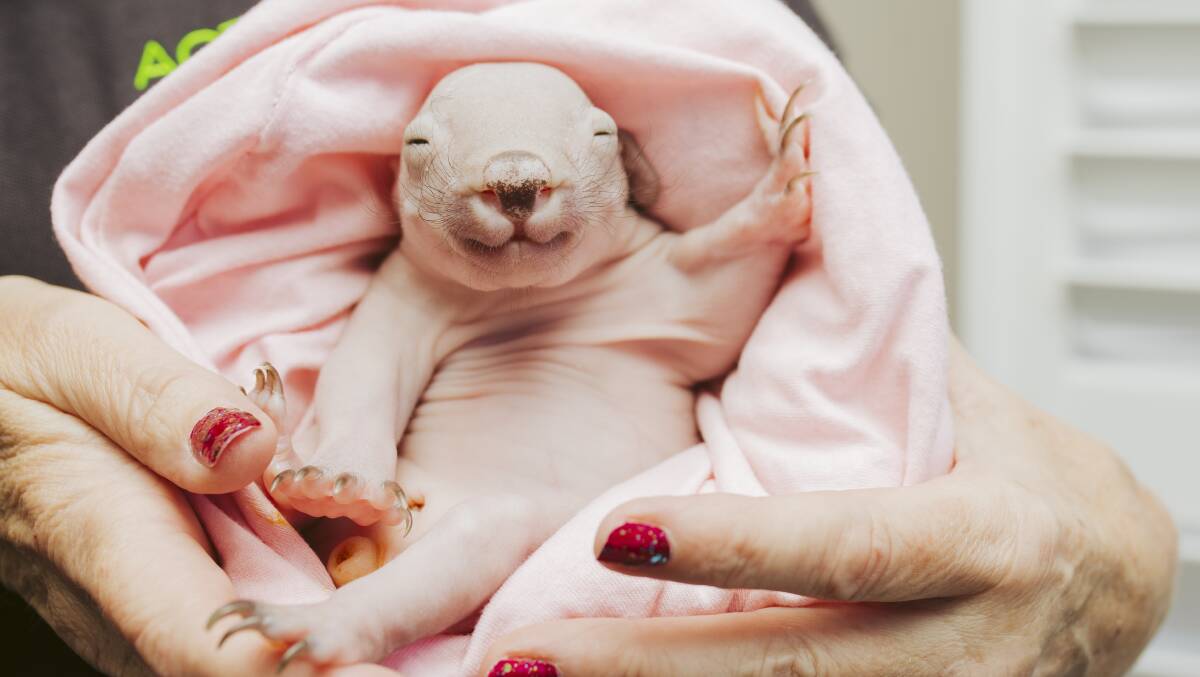
There has been an unintended consequence of social distancing measures for Canberra's wild animals.
Subscribe now for unlimited access.
or signup to continue reading
Wildlife rescue organisations have reported a drop in the number of injured animals over the past month-and-a-half with fewer motorists on the road and fewer people generally around.
While other factors may be at play, Ms Robertson said she felt social distancing measures had a notable impact on the decrease.
"There are less people out and about and that definitely has an impact," she said.
"In most cases humans are the cause of wildlife being injured. Not always, but in most cases it could be anything from the way we construct things through to how we walk.
"All of those things have an impact on them so if we are not around that much it does potentially reduce the injuries.
"This has been such a learning experience living through this time because there is a lot of not nice stuff but you are also seeing silver linings and this is definitely a silver lining."
ACT Wildlife normally has a drop in the number of animals going into the colder months but there had been a notable difference since COVID-19 restrictions came in place, president Marg Peachey said.
"We're getting very few calls and very few animals," she said.
"People find their cars hit animals when they are out and about or people are going places to find animals.
"I know there are crowds of people riding bikes and walking but we're getting very few calls."
Kangaroos are also having more luck on the roads of Canberra, according to ACT Parks director Justin Foley.
"We're seeing a significant drop in the number of collisions with kangaroos," he said.
"[There's] less cars on the road with people not going to work and not travelling to work at those key times of early morning and evening when the kangaroos are moving."
READ MORE:
Recent rain has also helped to veer kangaroo's away from the collision course, Mr Foley said.
"After the drought we have good rainfall and we've seen a response in grasses in particular, vegetation, so we are seeing kangaroos probably staying in their range a little bit more," he said.

One of the animals that unfortunately was unable to escape injury from social distancing was a baby wombat who was saved from its mother's pouch after being hit by a car.
Carer Helen Hardy said the wombat was 120 grams when it was taken by ACT Wildlife. It is expected to be in care for 15 months.
But while ACT organisations have experienced a drop, the trend isn't echoed across the border.
The NSW Wildlife Information, Rescue and Education Service has had no change in its numbers since the start of the pandemic, a spokesman said.
The organisation had still received the same average number of calls a day as it did pre-coronavirus, which is between 190 and 230.


